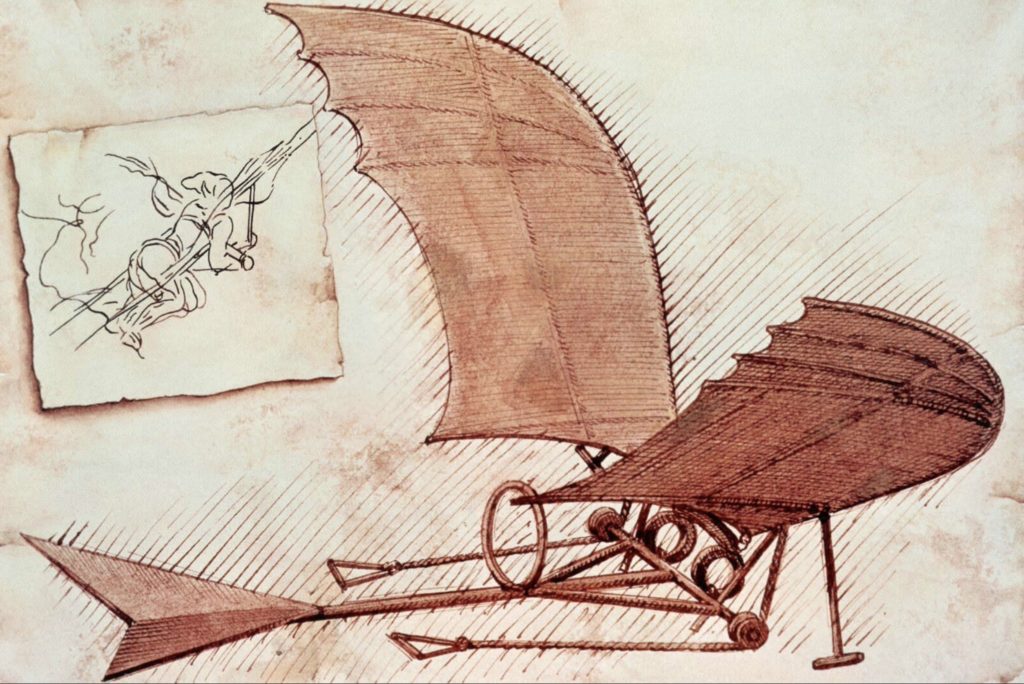 Hey! We’re getting really close to done with the first draft of As Yet Untitled Ghost Novel #1. This fact sort of snuck up on us.
Hey! We’re getting really close to done with the first draft of As Yet Untitled Ghost Novel #1. This fact sort of snuck up on us.
Even though we’ve surpassed 92,000 words, and even though we’re definitely on final approach for the climax, and we know these things and talk about them daily, still it feels to us like we’re trying to get started working on this book.
Why do we play these mind-games on ourselves? There could be a couple of reasons.
For one thing, we have struggled to establish a good work rhythm this year. In theory, we write every day except Friday (that’s our night off) but in practice it hasn’t turned out that way a lot of weeks. We did some traveling, and we did some pet-sitting so our kids could travel, and there just seems to always be something coming up to interfere. Plus, we took a pretty lengthy break from writing prose while we planned out this new series. We were still working, but most of it took the form of conversations. We could do it on long drives, and we could do it during dog walks. So we got out of practice with the “butt in chair, fingers on keys” mode of composition.
Anyway, the lack of momentum means needing to get back on the horse, which feels like starting over and contributes to that distorted sense of still being at the beginning of the journey.
Also, and probably related, is the fact that we did indeed plan out the entire tetralogy. There’s a ton of story that we know about but haven’t begun to write yet, because this is only the first book! But on some level, it probably skews our perspective on our progress because all that additional narrative for the remaining books is looming in the back of our minds. We should focus on the fact that we’re 80 or 90 percent of the way done writing this draft. Instead we feel like we’re about 20% of the way through because we’re using the whole series as our yardstick.
A writing partner is someone who occasionally taps you on the shoulder and points out how far you’ve come together.
![]() …But having an infant in the house sure isn’t good for writers’ productivity.
…But having an infant in the house sure isn’t good for writers’ productivity.
